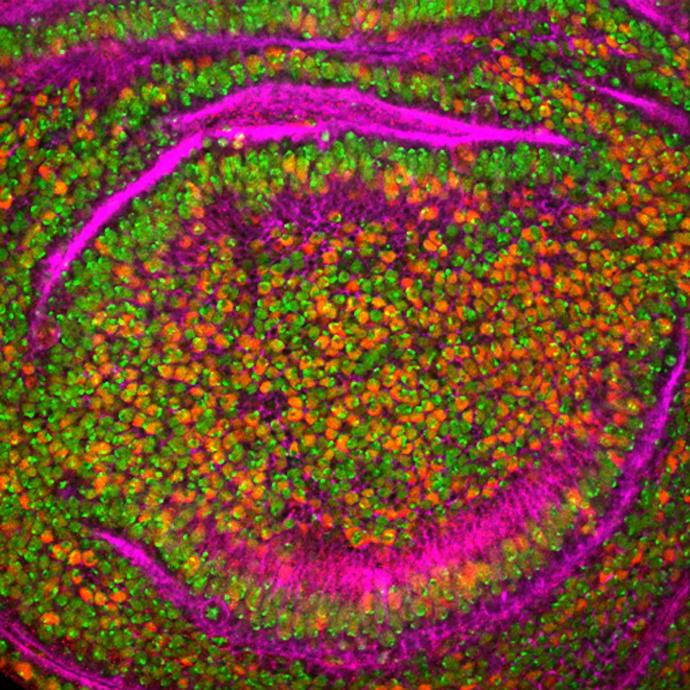Research
- Home >
- Technologies >
-
Epigenetic mechanisms of adult stem cell lineage specification in planarians

RESEARCH
Epigenetic mechanisms of adult stem cell lineage specification in planarians

Toronto

Status: Submitted
- regenerative medicine
- Epigenetic Mechanisms
- Stem Cell Lineage Specification
- Molecular Biology
Stem cells can divide to produce descendants that can mature to become any type of tissue. This remarkable ability has rendered stem cells the cornerstone of the field of regenerative medicine, as many diseases and injuries are characterized by cell death and the need for replacement cells, such as Parkinson's disease and spinal cord injury. However, our knowledge of stem cells is not yet enough for stem cell therapy to be rigorously put into practice. One of the key issues is understanding how stem cells mature, or differentiate, into specialized tissue-specific cell types. This is also an important issue in cancer, which is thought to be driven by abnormal cancer stem cells that cannot differentiate properly. Planarians, which are non-parasitic flatworms, have emerged in the last decade as a highly tractable model organism to study stem cells. Unlike humans and virtually all other model organisms, planarians have a huge pool of stem cells in the adult body that can be manipulated experimentally. Planarians can be used to find genes expressed by stem cells, and then gene function can be disrupted in the animal to find out how its loss impacts stem cell behaviour. I propose to use the planarian model system to study how stem cells mature into specialized cell types. Several studies have already shown that planarian and mammalian stem cells express many conserved genes, suggestive of conserved ancestral mechanisms for stem cell maintenance. This evolutionary conservation allows us to apply the knowledge gained in cell fate decision-making processes in planarians to inform future experimental design of mammalian stem cell research. This will bring us closer to understanding how to persuade stem cells to make the desired replacement cell types in regenerative medicine, and how adult stem cells fail to make proper cell types in cancer.

To view more project details and submit an expression of interest
Explore more projects
Solutions to Business Technological Challenges
-
RESEARCH
08 Oct 2023
Dr. Guy Tanentzapf
Vancouver
- stem cells
- blood stem cells
- immune cells
- stem cell activation
-
-